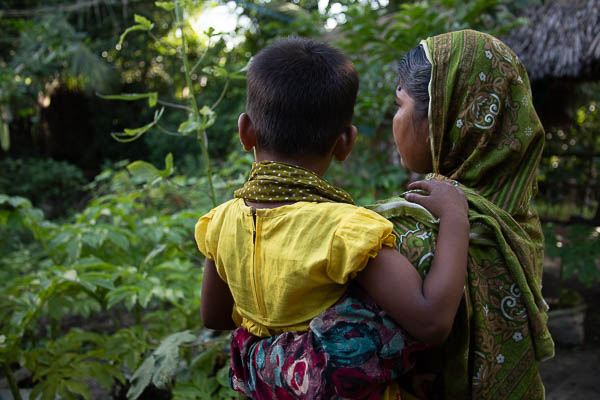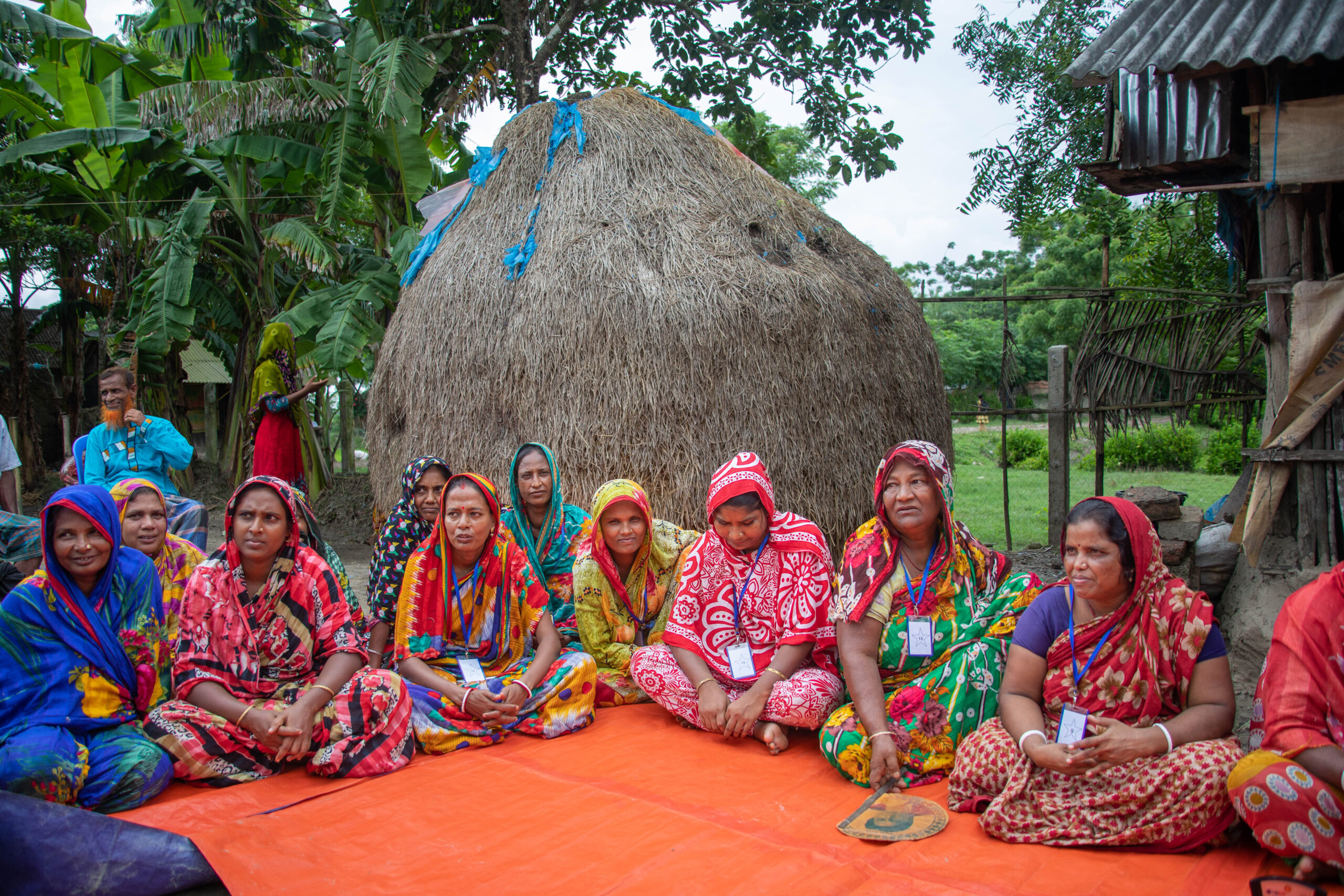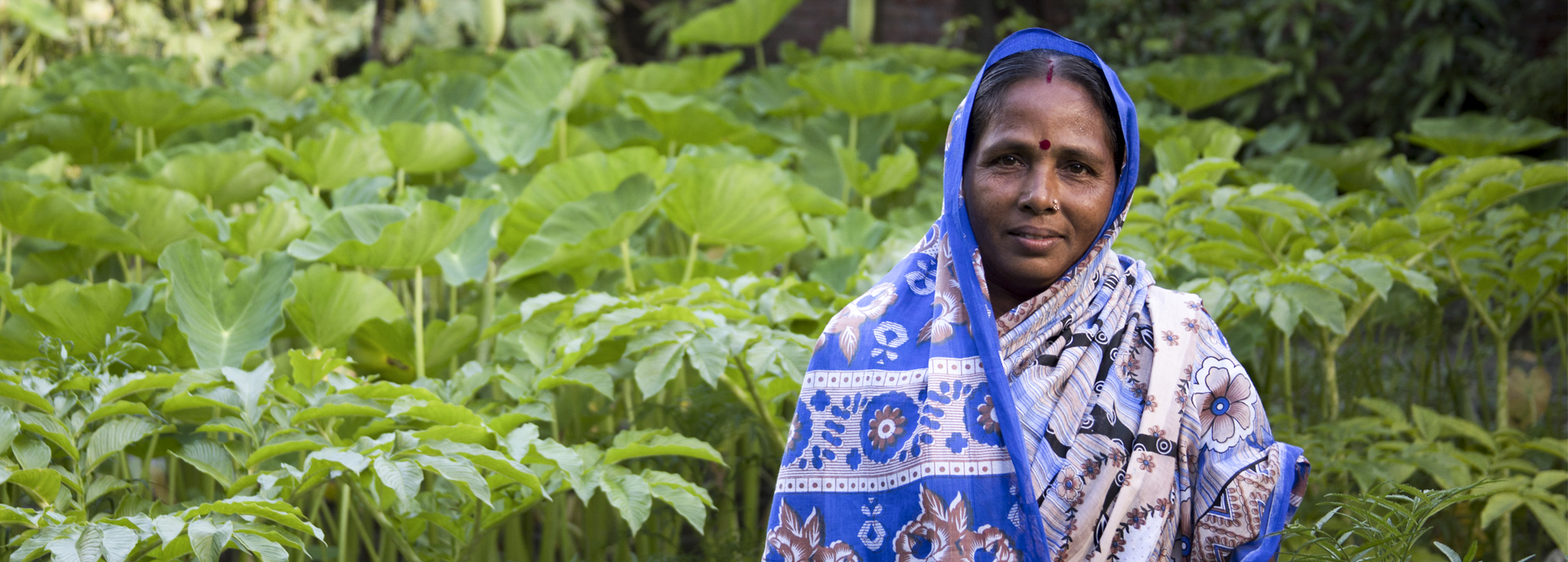
Transitioning to Locally Led through Strengthening Capacity of local NGOs in Bangladesh
Winrock invests in locally led development by using a variety of approaches to shift decision-making, power and resources to local partners and actors who understand the contexts of the development challenges we aim to address together. There is not a one-size-fits-all approach but multiple ways to use different processes and tools. Whether it is mutually agreed upon transitions through capacity strengthening, broad collaboration through collective impact, or joint work planning with partners, Winrock is committed to ensuring we use contextually appropriate approaches that support local actors to lead.
The practice of capacity strengthening will be different depending on the type of organization we are partnering with and requires adaptation, i.e., for non-governmental organizations and civil society organizations (NGO/CSOs), it may be strengthening organizational development; for community based organizations (CBOs), it may be strengthening a water committee, for the private sector it may be for enhancing competitiveness in micro and small enterprises. In alignment with principles of effective programming, as outlined in USAID Local Capacity Strengthening (LCS) Policy, Winrock strengthens diverse capacities using diverse approaches and tools.
One key element within the concept of locally led development is an interest in increasing the resource provision to local organizations to become direct donor recipients and to transition projects to local organizations for sustainability. However, donors often have stringent policies, rules, and regulations or expected practices that local organizations may not have the capacity to meet. Strengthening the capacity of local organizations to take over projects or to apply for and manage donor funds is one approach to supporting more locally led development. Winrock collaborates with partners in the design and implementation of its projects to ensure successful transitions of programs or to prepare them to manage direct donor funding effectively and efficiently.

Winrock’s USAID-funded Climate Resilience, Ecosystems and Livelihoods (CREL) project, implemented in Bangladesh from 2012 to 2018 is just one example of a successful programmatic transition to locally led development. As part of USAID Forward, Winrock partnered with national NGOs to strengthen their capacity to apply for and manage direct funding from USAID. First, the project opened a procurement process to local actors to receive capacity support to enable them to receive direct funding. The project short-listed six local partners. The project then hired a local organization to conduct an assessment, validating the tool and ensuring metrics of success were co-defined. Using the Organizational Capacity Assessment Tool (OCAT), participatory assessments were conducted to assess the strengths and limitations of each organization. Upon consensus of the assessment findings, we co-designed action plans that would help them to achieve a low-risk status in the USAID NUPAS minimum criteria to receive and manage donor funding.
Winrock provided training and mentoring in key organizational development areas that addressed limitations in the assessment findings, such as financial and administrative management, human resources management (along with policies and procedures), compliance, and monitoring and evaluation. These courses were complemented and coupled with one-on-one mentoring, learning by doing, and coaching by project team members.
A Re-OCA was conducted at the end of the project to assess the organization’s readiness to manage small grants. Three of the organizations’ total scores demonstrated levels of capacity and risk that fell within acceptable levels established by the OCAT and USAID NUPAS tools.
A case study, Stopping As Success, tells the story of Winrock’s CREL project as a best practice in Transitioning to Locally Led.
Related Projects

